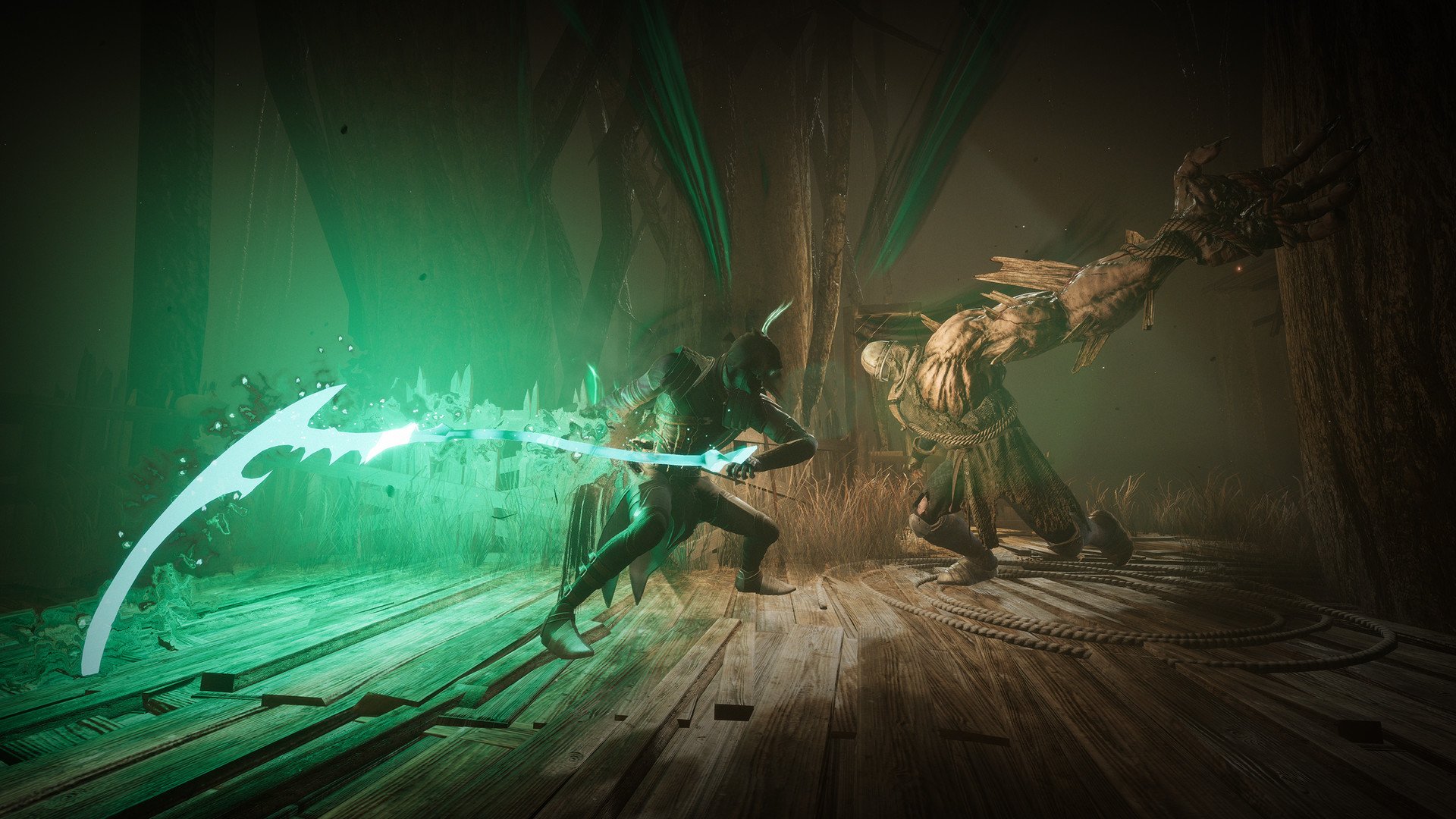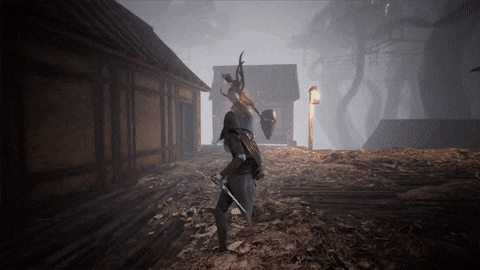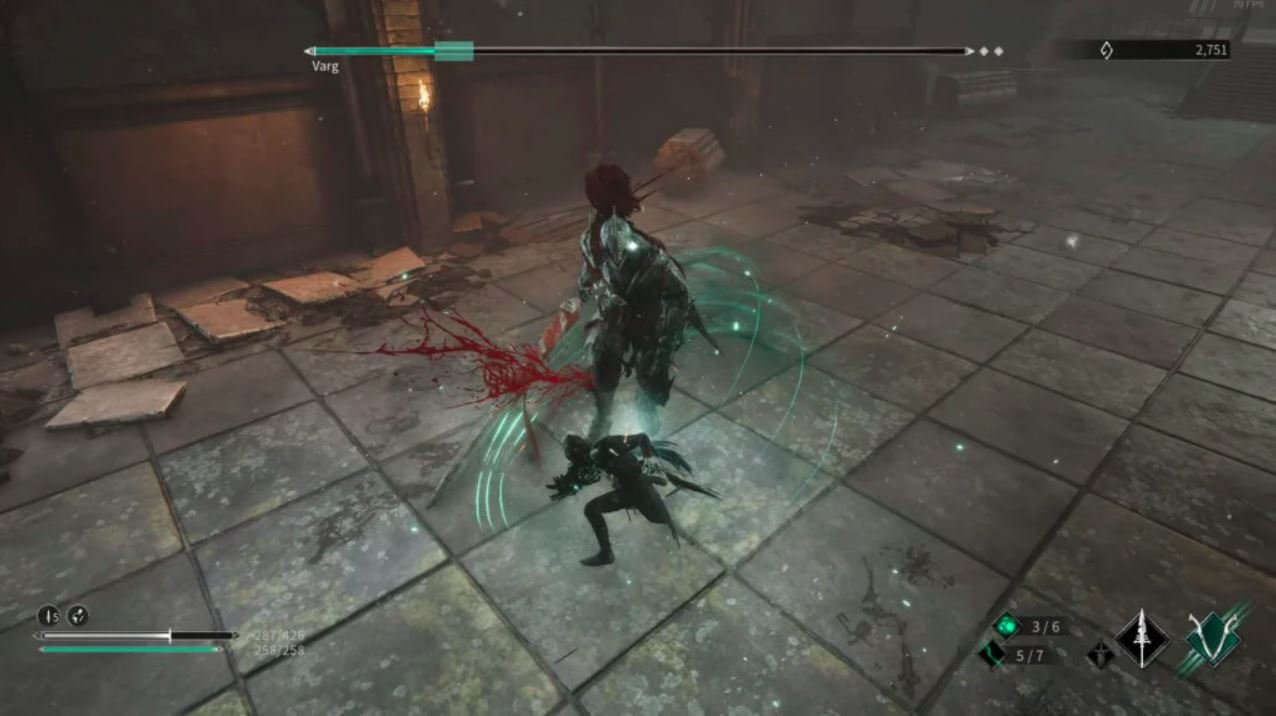Review | Thymesia - A Spreading Sickness
Another new alternative to the Dark Souls series enters the fray in Thymesia, created by Overborder Studios and Team17. Despite the impression the trailers give, this game is more akin to the likes of Sekiro for its difficulty and the type of battles you shall come across, all while being set in a world more similar to that of Bloodborne. What I am getting at here is that this game wears its Souls-like and Fromsoftware inspirations on its sleeve.
When an entire kingdom is invaded by an evil force caused by themselves, an attempt is made to halt the use of alchemy across the land. The attempt fails, and with that catastrophic consequences falling across the realm, the hope of a cure was lost. Within days, chaos ruled as monsters stalked the streets, killing anyone they found. Now it’s up to the mysterious player character, Corvus, to find out why this all happened. Wielding the power of disease as a weapon, Corvus must fight through the dark and desolate kingdom while trying to recover his lost memories along the way.
Yeah, I think this world might not be the nicest place to live.
In a typical Souls-like RPG style, you will find yourself fighting enemies and collecting points (which you constantly find yourself just calling souls) that you can use to level up when you rest. The main difference here is that unlike many slower and more deliberate souls-likes Thymesia is a game that encourages a daring and adventurous spirit. Your character will face overwhelming odds, but you are expected to not only deal with it—but embrace it. Shy bairns get nowhere in Thymesia, so swallow your fear; grasp your sabre, and claw after each hit. The game may as well demand constant aggression and there is rarely a reason to fear engaging the enemy. This is because there is no stamina bar here, the usual dodges and running around the enemy are to be expected to be employed as you fight. Your primary weapons are your sabre, a claw, feathers and plague weapons. In the horrific realm where you live, weaponising diseases is your only effective tool against the enemies that threaten your life. Use them wisely; you can steal these weapons from your enemies for a one-time use, but upon collection of shards, you will be able to gain your own weapons for use if you have enough energy.
♬ Kick. Punch. It’s all in the mind! ♪
Thymesia seems to use a backwards progression style - while in that the regular enemies and early encounters are relatively easy, the further you get the mini-bosses and main bosses certainly give a massive challenge spike. Unlike a Souls game where you grind out levels and end up walking into the endgame as a god-killing machine, you will find that the last boss of the game is the hardest altogether. The first boss is also one of the hardest of the game and not just due to learning mechanics, genuinely this boss is top three difficulty. When it comes to the regular mob enemies, they are a bit of a cakewalk, making the parts between bosses rather dull and repetitive. It doesn’t help that these standard enemies don’t come close to Fromsoftware’s monster design as they look more human than a monster and are generally found sobbing on the floor, or standing doing nothing until you come close enough to kill them before they get a swing in.
That being said the art style itself is done very nicely and the game must be commended for having an art style and going for it. Whether you are in the lands of Philosophers Hill, the Sea of Trees, Royal Garden or elsewhere, they are full of detail and look great. However, all these areas tend to wind up being differing types of grey and red, with wood and broken rocks. It does all get somewhat repetitive.
What is grey and red and hard all over?
The music of Thymesia on the other hand is all over the place. While the music is perfectly serviceable, you will find yourself exploring with a light touch composition playing in the background only to start a fight and sometimes the music would change into something intense, and other times you would be a battle to the death with the regular background music still going. There seems to be no consistency in it, and while this isn’t the worst glitch in the world, the is something distracting about a fight to the death taking place to the tune of a light jingle.
When it comes to storytelling, the game truly falls short. It’s all to do with finding notes around the game, which you are not forced to do. It might be unfair to compare a smaller game to Dark Souls, but in those games, the items you find have descriptions so beautifully written you are driven to read them all, while the areas are so carefully designed it feels like every building, arch and walkway tells its own story. In Thymesia, you could go through areas of the game without knowing who an area’s boss is and why exactly you need to defeat them. Making the story and world-building rudimentary at best. The world should be filled with peril and excitement. The collection of your memories should work together to paint a vivid picture of the larger world, but it is poorly fleshed out and awkwardly constructed. It doesn’t help that there is no voice acting of any sort for the few NPCs you do encounter, even in cutscenes. The RPG elements of the game really come to the fore with your weapons and talents. When using plagued weapons, your energy decreases. These are regular weapons but have become afflicted. They inflict different amounts of damage; when sufficiently upgraded, they can add a beneficial effect to the player or status effect on the enemy. These weapons are not easily obtained, though. You must defeat enemies with the same weapon to gain shards; not every enemy will have shards. This is where the talent tree comes into play, and it may be advisable to upgrade into the “luck” spec.
You feeling lucky, knight?
There are many ways to customise your character in Thymesia, but you must consider talent points as they become a very limited resource after level twenty-five. Fortunately, you can reset talents if you pick something you feel doesn’t fit your playstyle. This comes at no cost to the player and can be done at any time at a rest point.










